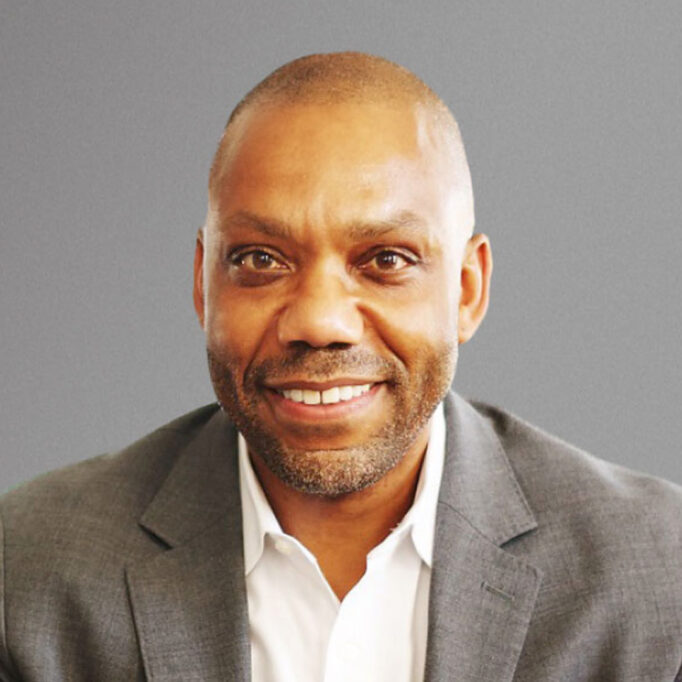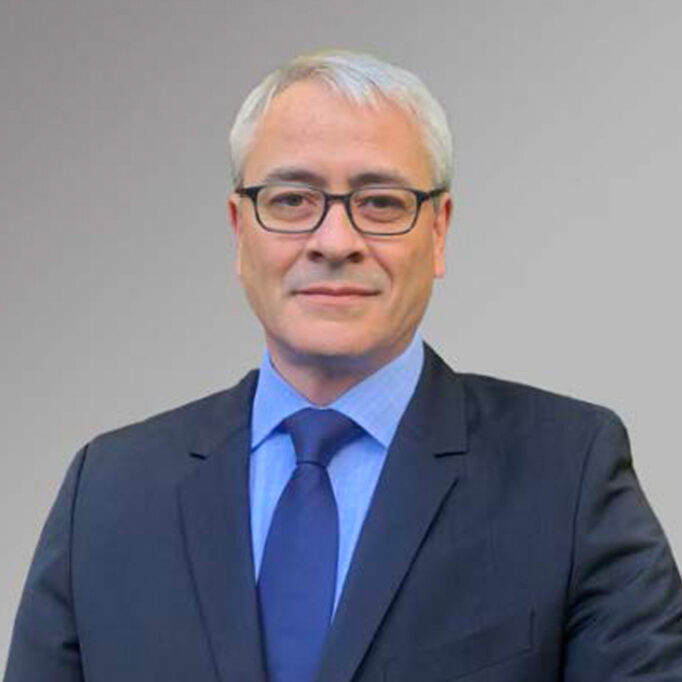The Third and Fifth wards prospered in the 1920s, as successful Black business owners and civic leaders built outward from the stronghold of the Fourth Ward, which was known as Freedman’s Town. It was Houston’s first Black neighborhood, established soon after Emancipation. Just outside the city, Independence Heights, the first Black city in Texas, was chartered in 1905. Sunnyside followed seven years later. They both grew into thriving Black-majority communities with businesses, schools, and infrastructure. Both were later annexed by Houston.
Today Black residents are increasingly getting forced out of these communities. The Third and Fifth Wards, Sunnyside and Independence Heights lost some 10,000 Black residents from 2000 to 2018. Homeownership rates in those neighborhoods are falling while the share of rentals is growing, which is associated with high turnover and weakened community ties. Most housing in the four neighborhoods is rental housing; in fact, in the Third Ward, 75% is rental housing.
Median income in the four neighborhoods is low – about half of the median income in Harris County generally — and it’s declining in three of them. Meanwhile rents rose by more than 5% over the past year. According to a study by the Kinder Institute at Rice University, a majority of renters in Houston and Harris County are cost burdened, meaning they spend more than 30% of their income on rent, straining their incomes, and leaving them vulnerable, perhaps one disruption away from displacement.
Many of Houston’s Black residents were in that position when Hurricane Harvey hit in 2018, when the pandemic hit in 2020, when the Big Freeze left thousands in Houston without power in February 2021, when the utility shutoff moratorium ended in June, and when the eviction moratorium ended in September.
“If one thing, one emergency, happens, you’re going right underneath that water,” said Kendra London. She, her grandmother, her mother, and her children grew up in the Fifth Ward, but she was forced out in 2019 due to rising rents that took more than a half of her paycheck after taxes and medical expenses. Now she’s an advocate for building more affordable housing in the Fifth Ward so displaced residents can move back.
But affordable housing is in increasingly high demand and short supply. Unlike other gentrifying neighborhoods in Houston which have added thousands of new units in recent years, the Third and Fifth Wards, Sunnyside, and Independence Heights have seen little new construction, causing their median home prices to skyrocket, and leaving residents who rent with few options for buying homes in those neighborhoods. Tax assessments are rising along with home prices, which also puts current homeowners at risk for displacement.
“Communities of color inside Houston’s 610 loop or even inside Beltway 8 are now hot spots everybody wants to develop, because land is cheap, and they’re centrally located,” said Ashley Allen, CEO of Houston Community Land Trust. “When people moved to the suburbs, these areas were disinvested, nobody thought about them. Now people are moving back to the city, which we’ve seen happen in a lot of metro areas. Developers are buying cheap blocks and putting half-million-dollar townhomes on them. They try to put as many units on them as possible to create higher density, which doesn’t match the landscape of what Houston is. There’s nothing to protect the senior who’s been in the community for 50 or 60 years. Her land is now worth $300,000 and she is going to get taxed accordingly.”
On land abutting the Third Ward, Rice University is developing 16 acres of commercial, residential, and vacant property to create the South Main Innovation District. It includes building an incubator space in the old 270,000-square foot Sears building. But that could exacerbate the pressures driving Third Ward Black residents out, and the plan has drawn opposition from the Houston Coalition for Equitable Development without Displacement. HCEDD is campaigning for Rice Management Company to sign a community benefits agreement to support Black-owned business development and partner with the Houston Community Land Trust to build 1,000 new affordable housing units in the Third Ward.

